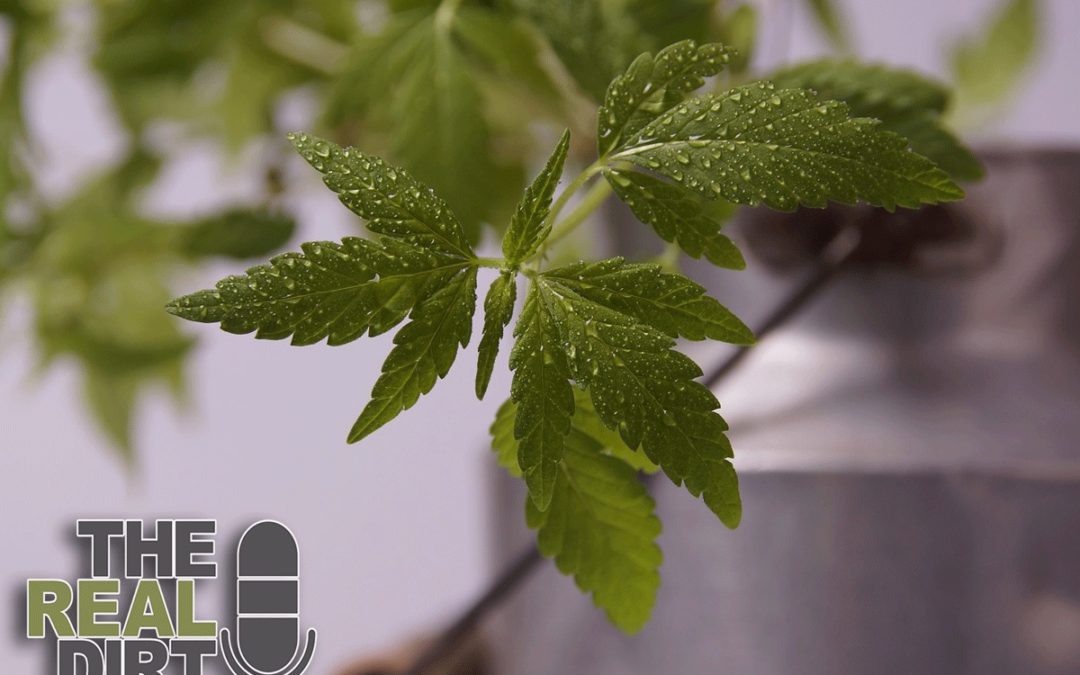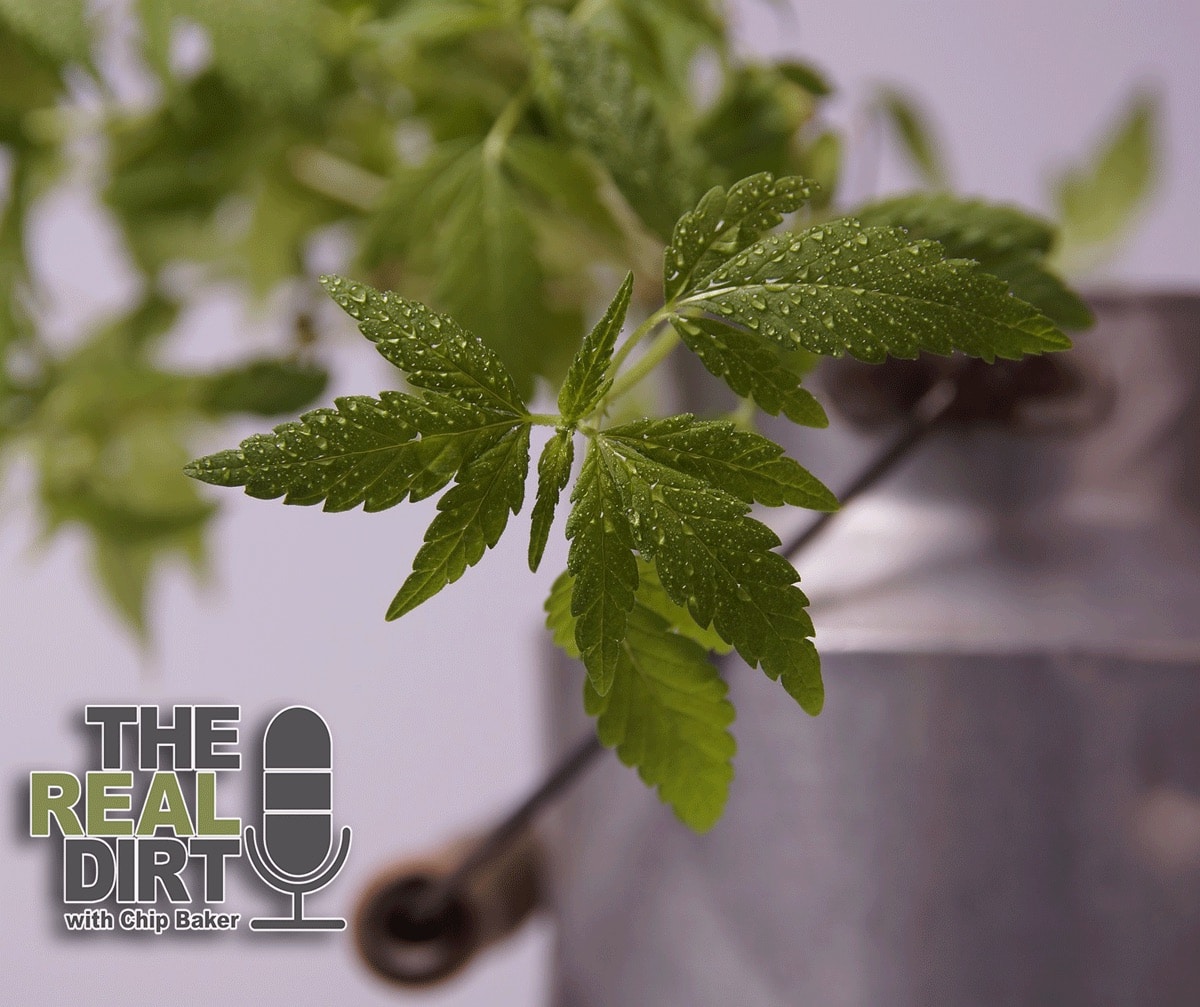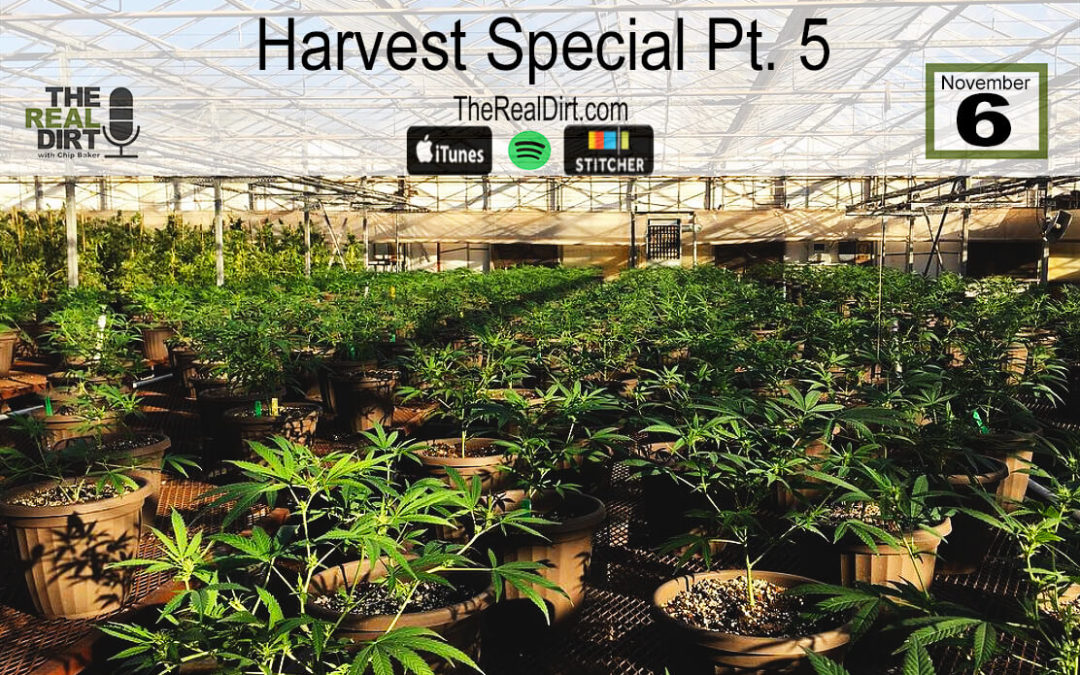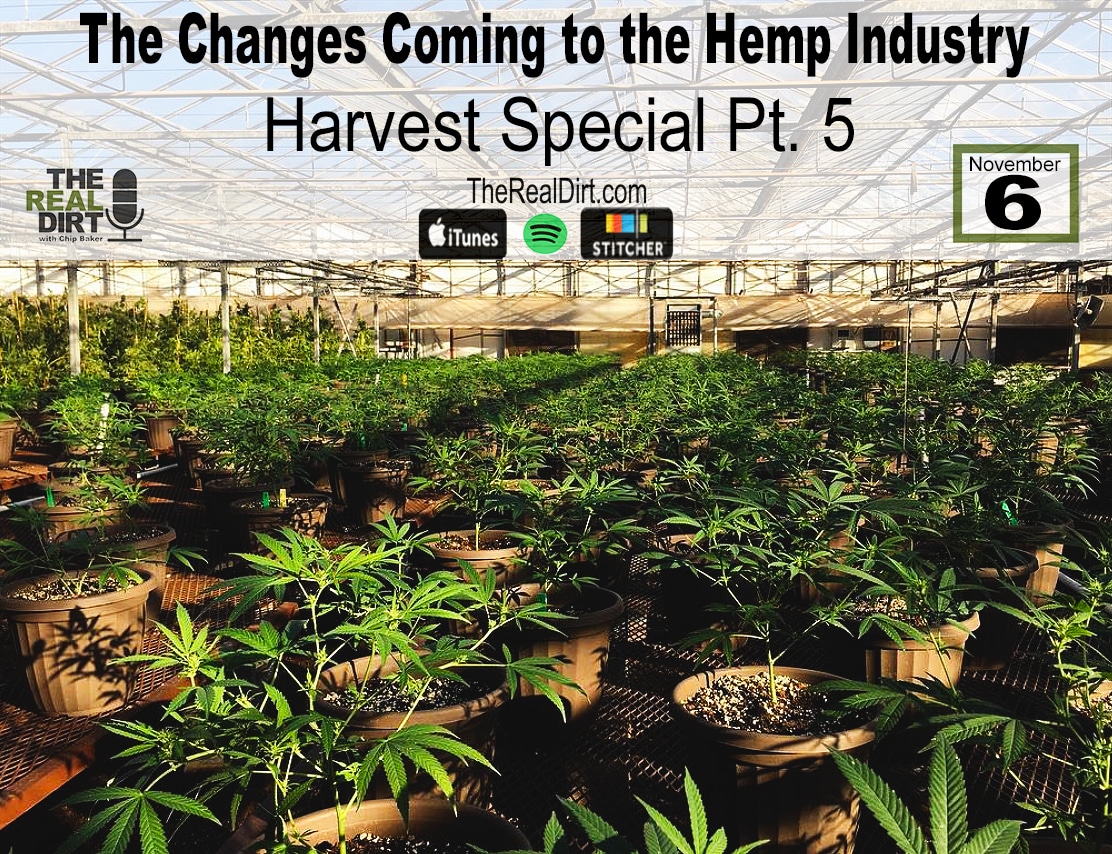
Amendment X Explained: Colorado’s hemp laws

Hemp was just voted out of the Colorado constitution. What does this mean for hemp farmers in the state?
When Amendment 64 passed in 2012, Coloradans also voted to add the definition of industrial hemp to the state’s constitution. This in turn required legislators to establish regulations regarding cultivation, processing and distribution. Amendment 64 also resulted in the establishment of the Industrial Hemp Regulatory Program in the state Department of Agriculture.
Amendment X changes this completely.
Amendment X
The constitutional definition of Colorado hemp is very similar to current federal law. The original language defined hemp as, “the plant of the genus cannabis and any part of such plant, whether growing or not, with a delta-9 tetrahydrocannabinol (THC) concentration that does not exceed three-tenths percent (.03%) on a dry weight basis.”
The federal definition of industrial hemp is nearly identical to the Colorado hemp laws put in the constitution, but that’s not the main purpose of Amendment X. The goal is to not get left behind.
Keep in mind, the only benefit of the constitutional definition was its protection against federal government, should they change their definition of industrial hemp for the worse, such as lowering the allowable THC limit below .03%.
Keeping Colorado Hemp in the Game
There has been a lot of talk of industrial hemp getting a facelift in the federal law books soon. This could mean the federal definition completely changing, or just being updated. One of the more popular predictions is that the law will change to raise the allowable THC limit to 1% as opposed to the current definition of .03%.
If Coloradans had voted against Amendment X, Colorado hemp would have maintained its constitutional definition, meaning even if the federal government raised the allowable limit to 1%, Colorado hemp farmers would still have to abide by the constitutional law of the state, and maintain .03% or less. This makes the reasons for approving Amendment X rather justified.
What Happens Next?
The people of Colorado have voted to approve Amendment X, taking industrial hemp out of the state constitution, and putting it in line with federal definitions. Should the federal definition change, Colorado laws regarding industrial hemp will change with it. Colorado also has the option to create statutory laws regarding hemp in the state.
This means that Colorado could pass its own law (outside of the constitution) raising the allowable THC limit to 1%. However the state would risk fierce backlash from the federal government, as it would go against federal law. The constitutional definition that is now removed protected Colorado’s hemp farmers from persecution, and some worry now that this decision will open them back up to federal persecution.
What will most likely happen, is not much. Colorado is now in line with most states in the country, and is on par to adjust its definitions as federal law changes. Considering the definition in Colorado’s constitution was the same as the federal definition, there will be little difference noticed by most.








